Angel Gregorio Makes History With The First All Black Shopping Center In D.C.
Discover the motivating story of Angel Gregorio and her journey to creating the first all-black shopping center in D.C. We discuss it here!
Angel Gregorio | Owner of Black and Forth
By: Adonis Armstrong
In 2015, Angel Gregorio took a leap of faith and quit from being a principal to a business owner. She opened up a spice shop called the Spice Suite, but her aspirations were always bigger. Instead of just opening her own establishment, she remolded a 7,500 square foot lot in a D.C. neighborhood into a retail community for local Black-owned businesses. She named the space, Black and Forth, which is located at 2201 Channing St. NE.
Black and Forth
Angel now is the first Black woman to own a strip mall in D.C. and has partnered with other Black women entrepreneurs as well. The strip mall is home to a variety of businesses, including hair salons, clothing stores, and restaurants. Many of these businesses have been owned and operated by African American entrepreneurs for years and they will continue to be a staple in the community.
It is pivotal that the Black and Forth shopping center is protected and celebrated for future generations to understand the rich legacy of this extraordinary cultured place. I believe it will serve as a symbol of trust and motivation for other Black entrepreneurs who are looking to begin their own business in the future. With Angel Gregorio's leadership, the Black and Forth shopping center will be a vital part of D.C.'s community and a guide for financial empowerment for the black community.
YOU MAY ALSO BE INTERESTED IN:
SHARE TO SOCIAL MEDIA
The Opioid Crisis And How It's Affecting Black America
Over the last 2 years, opioids have been attacking the Black communities in alarming numbers. We discuss how the Opioid Crisis has gone virtually unnoticed in Black and Minority communities.
By: Eric Lewis
I'll admit. I had a completely different topic that I considered discussing with you today. It was about electronics and some of the gadgets you must get for the new year (besides your smartphone). I may still even write about it to get you familiar with them. But today I am not going to mention it, because I think given this climate we're in, discussing real issues related to us, especially in the black community: mental health and awareness.
Me choosing to share my thoughts and experience with this comes from a movie I watched just this morning, and listening to a song. Coincidentally, they complement each other in a perfectly haunting harmony. The movie: Beautiful Boy. The song: “Treasure” by Sampha. The movie stars Steve Carell (The Office) and Timothee Chalamet and tells the story of a young man's addiction to meth and the father's struggle to save him. It's based on the memoirs Beautiful Boy by David Sheff and Tweak by Nic Sheff. The movie was a sad and stirring account of Nic's addiction and the multiple relapses that occurred during his journey to stay clean and sober. I will admit, y'all, it was heartbreaking to see this portrayal of abuse and also a constant reminder that addiction affects everyone.
The Opioid Crisis has been widely debated as going pretty much unnoticed in Black and Minority communities, from a societal standpoint. In fact, during the 1970s and 80s, the concern was more on criminalizing minorities with The War On Drugs rather than seeking treatment. Now, with the advent of opioids affecting Rural America, the light has been shined more on a national scale. From a localized level, I'm sure whoever is reading this has been affected by drug addiction and abuse, whether it be family members, friends or environment. Growing up in my hometown, I saw drug and substance abuse around me constantly. I had family members very close to me that fell victim to crack, cocaine, heroin and lots of other illegal substances. It's a paralyzing feeling and constant paranoidal emotion because you know what is wrong, yet feel powerless to help.
Over the last 2 years, opioids have been attacking the Black communities in alarming numbers. From a nationwide standpoint, whites still account for a large number of opioid addiction cases. However, just in Illinois alone, Blacks make up for over a quarter of opioid deaths in the state...and we account for about 15% of the population. In Chicago, the numbers are more staggering: Blacks account for 32% of the population, but about half of all opioid overdose deaths (48%) come from the Black population. Scary numbers, people. What's more scary is the numbers are climbing.
Seeing the movie Beautiful Boy had me reminiscing back to my old days of dealing with people who were addicted to different substances and understanding the pain involved in seeking help. It is a realization that is all too familiar with millions of people. And this movie portrays it in painstaking detail.
It's available for streaming on Amazon Prime Video. The soundtrack (which complements the movie extremely well) is available on your favorite streaming app. I suggest you watch it.
If you or anyone you know struggles with an addiction, do know that the road to recovery starts with a phone call. Please contact 1-844-LifeChange (543-3242) or go to www.LightHouseNetwork.org. It's available 24/7, free and confidential.
Eric Lewis
@TheTmPLife
YOU MAY ALSO BE INTERESTED IN:
SHARE TO SOCIAL MEDIA
Why Should The Black Community Vote?
In light of the recent midterm elections, many young black people have asked the question, does voting really help the black community? We discuss it here!
By: Deveney Marshall
“Does voting help the black community?”
Many young black people asked this question all over social media as we prepared to vote for this past midterm elections. At first, the question infuriated me. I thought it was beyond ignorant for someone to ask such a thing. Prior to the 2016 election, we watched this country *slowly* progress to being a better place for all. During Obama's presidency, The Affordable Health Care Act was passed, unemployment rates significantly dropped, better terms for student loans were created, and the LGBTQ community was awarded the right to legally marry — all had a grand impact on black lives and each took place by voting. So when I saw people asking this it just didn't make sense.
I began to reflect on what exactly did those people mean by voting doesn't do anything for the black community. I came up with a few theories but none of them were solid enough to be the sole reason. Then, I asked myself ”who is the black community?” The short answer would be all of us that fall within the parameter of being black, but the truth is it's incredibly more complex than that.
When you think about it, defining the black community is not easy. Black people are not monolithic, we don't all have the same experiences. Depending on our genders, sexual orientation, socioeconomic classes, and physicality our experiences differ. However, the one thing all black people deal with is the unspeakable fear and pain that hangs above our heads every day. Sadly, that pain and fear we collectively feel is what creates the basis of our community. And while voting may eradicate a lot of things, it will not remove that.
The oppression and backlash we receive as black people have been ingrained in the foundation of this country, and quite frankly it is not something we can “vote out.” On some level, all Americans including Black Americans, participate in the oppression we feel as a race — in order for that to change we would have to first acknowledge how each and every one of us contributes to it. We can’t continue to blame all -isms on white supremacy. Yes, white supremacy acted as the catalyst for all hate in this country, it still does not excuse the suffering we inflict on one another.
As a people, we engage in colorism, sexism, classism, homophobia, and transphobia, and a vast amount of our people are significantly affected when we do. We can’t continue to act as if certain issues aren’t problems for the black community. If something is negatively affecting one of us, then it collectively affects all of us — as a marginalized community, we don’t get the luxury of excluding some of our people.
We vote to dismantle systems that oppress us.
While most of us can agree a severe overhaul is needed to change the way Black People are oppressed in this country, in the meantime we can do what we can to fix the problem, and one of those solutions is voting. Voting gives us the opportunity to change the world we live in. It gives us the right to choose better policies and people to represent our voices. Voting may not be able to solve all of the black community’s problems, but it does have an impact on us. When we don't vote we allow this country to control our narrative — and I don't know about you but I am sick and tired of this country telling me who I am, what I face, and what my solutions should be.
Stop allowing non-voters tell you voting doesn't do anything for us as black people, it does plenty. If our votes didn't make a difference in this country they wouldn't try so hard to suppress them. I know we hate to acknowledge this, but we are still Americans, facing American issues, and those same policies that affect everyone else, affects us too. When you vote, you are voting for the change you want to see as a Black American, and that alone will have a great influence on the Black community.
Until Next Time,
Deveney M.

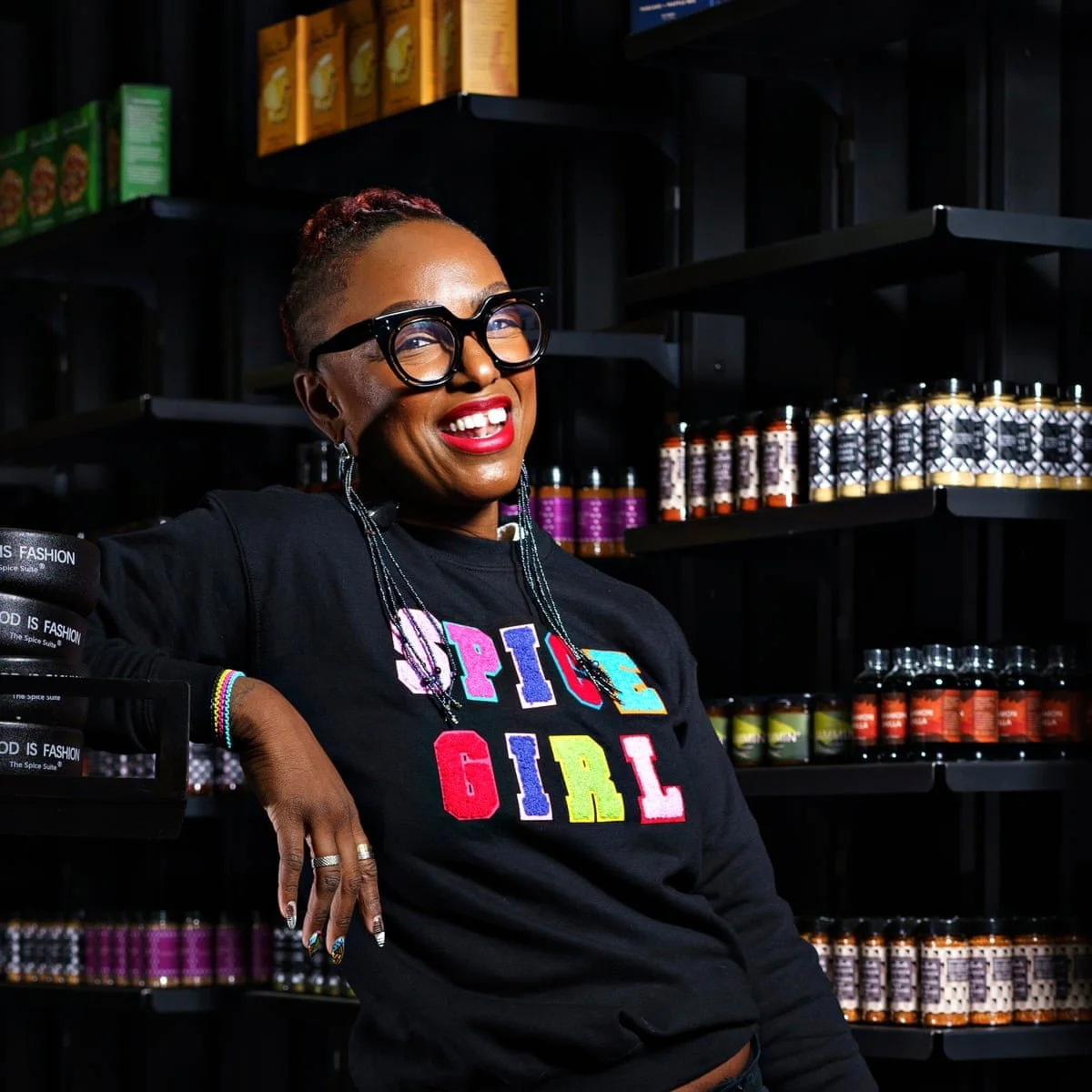

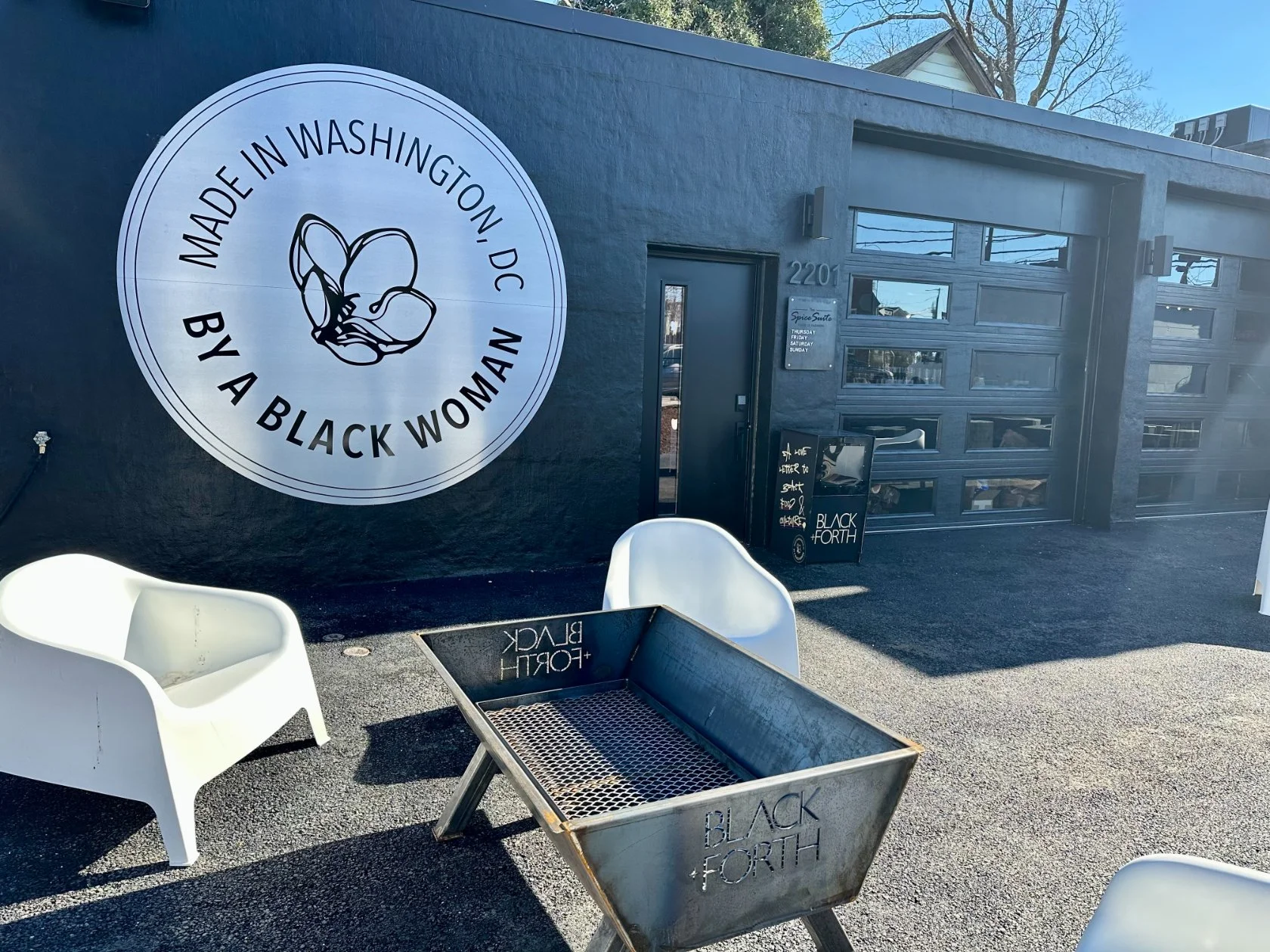
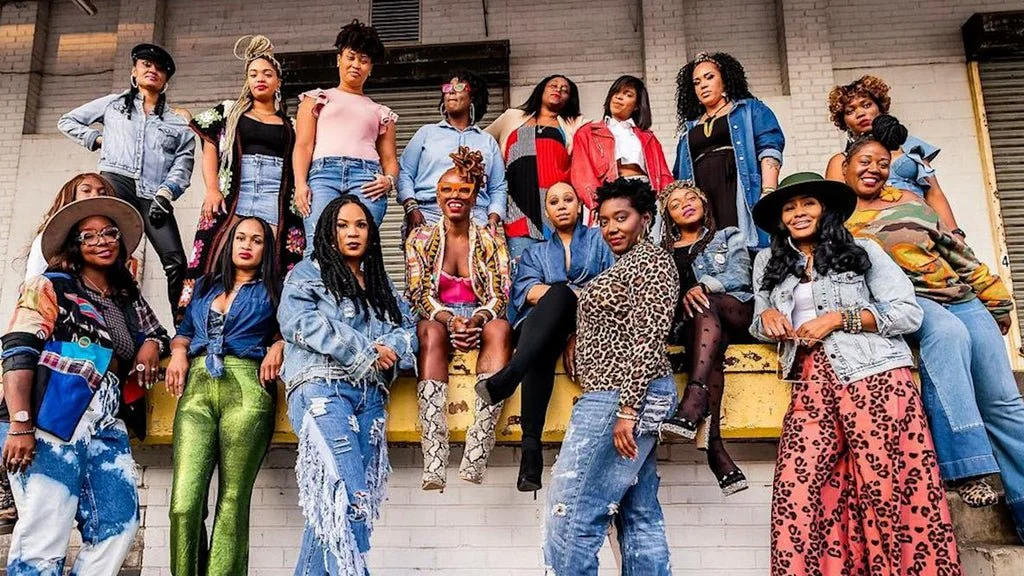
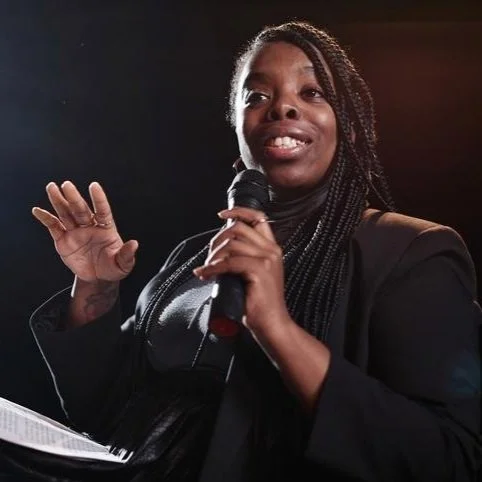
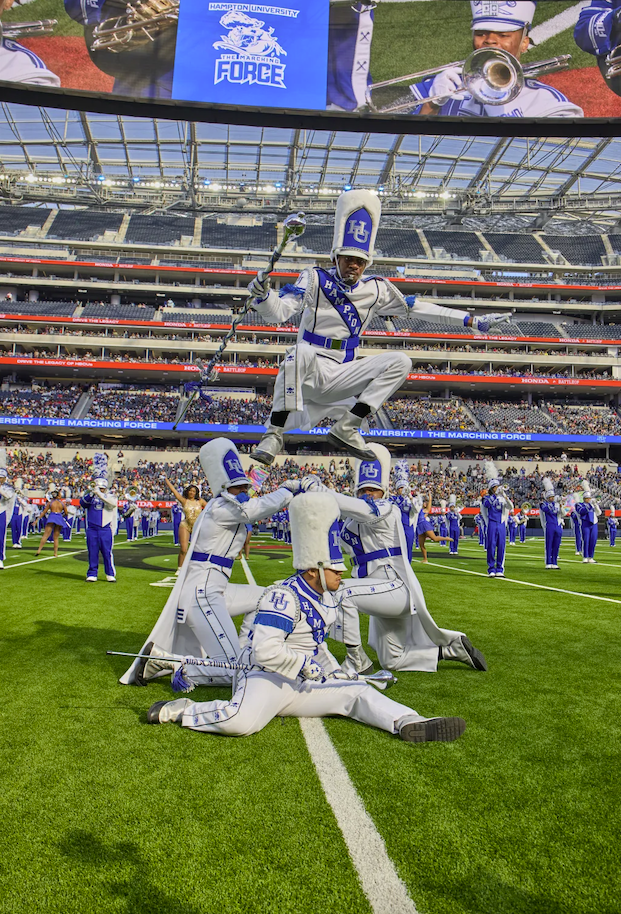
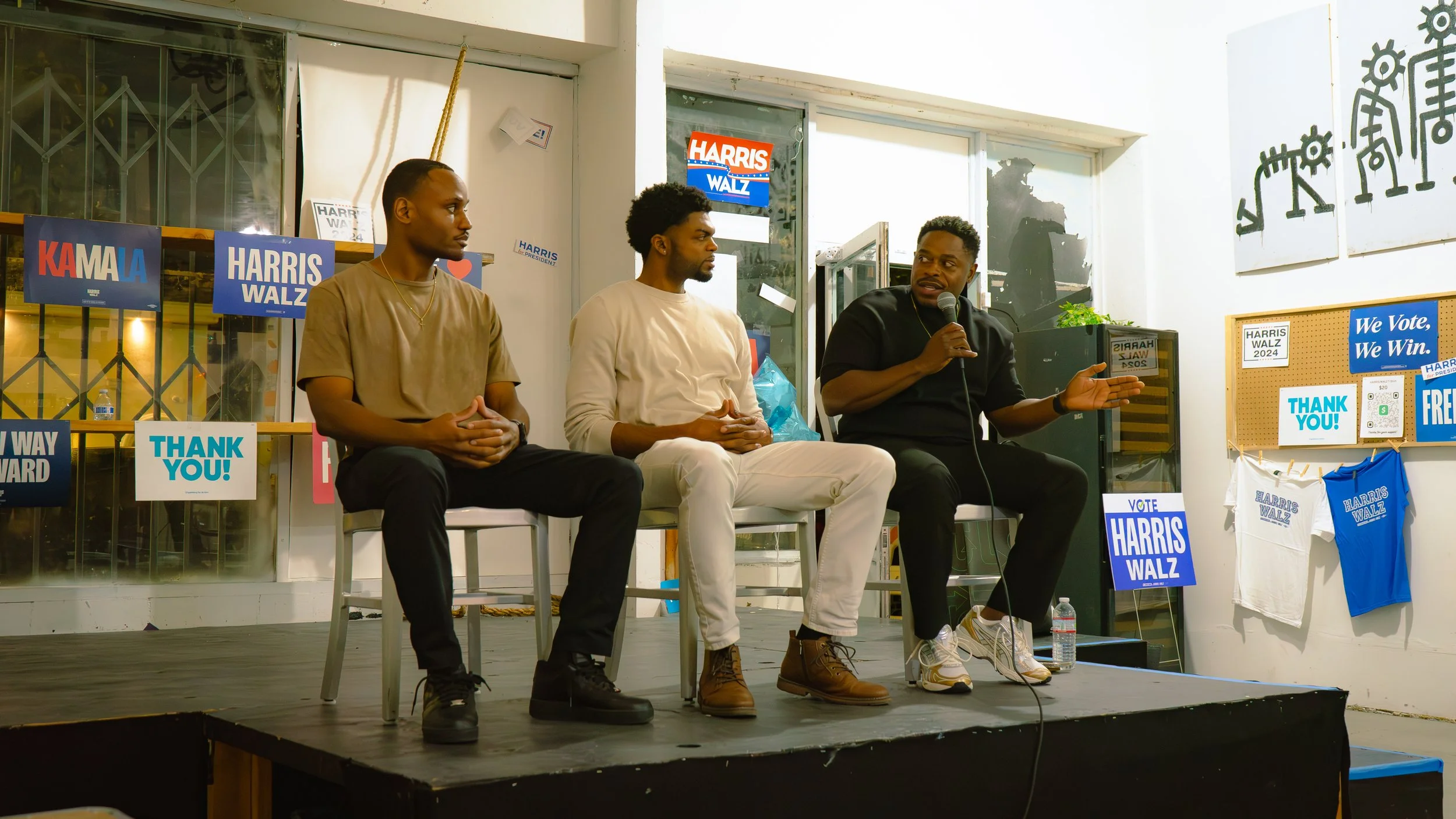
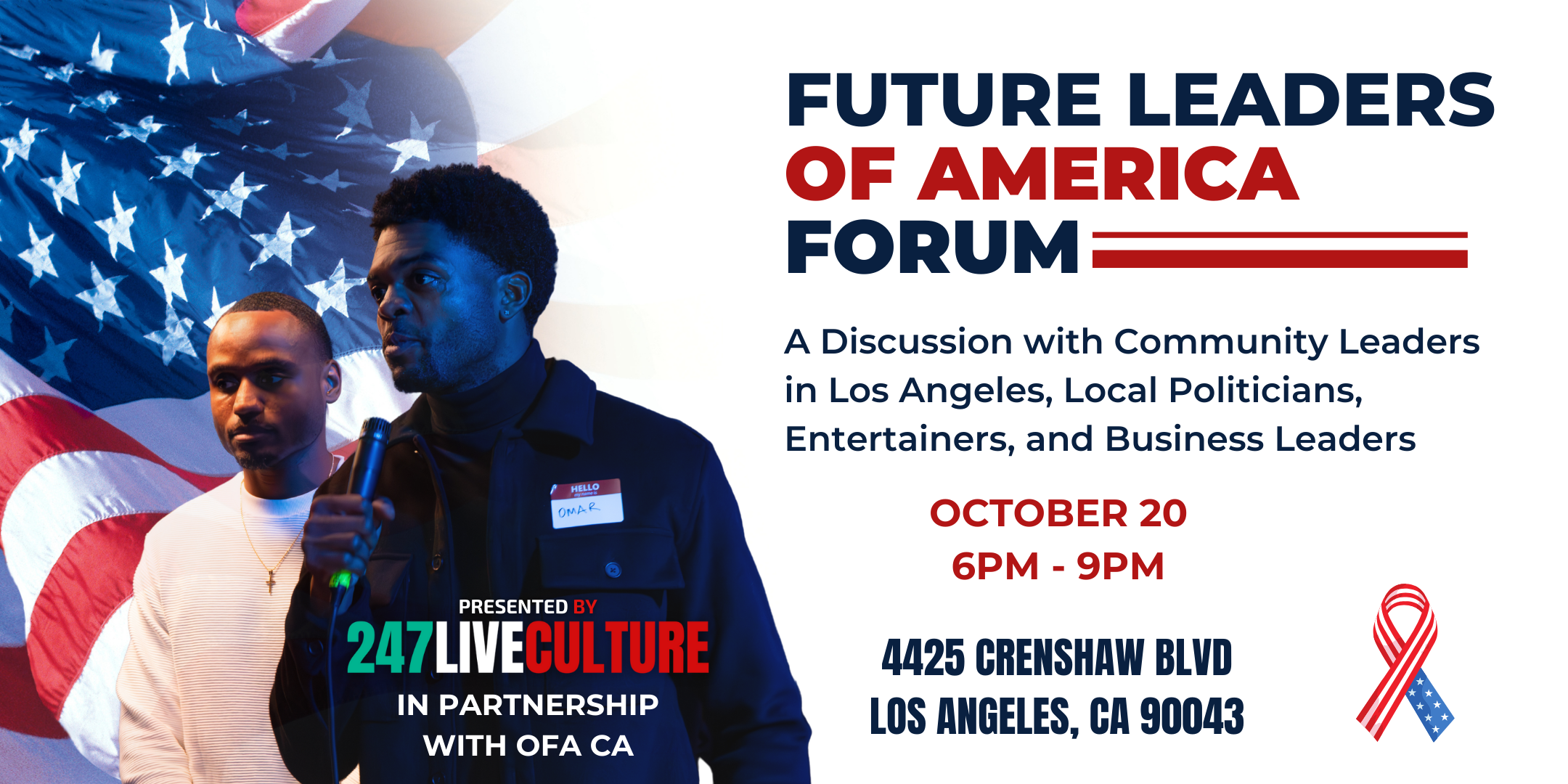


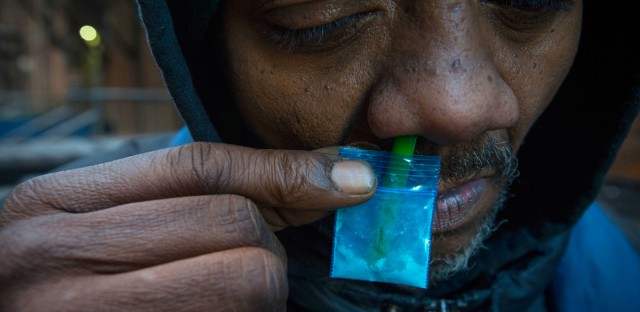


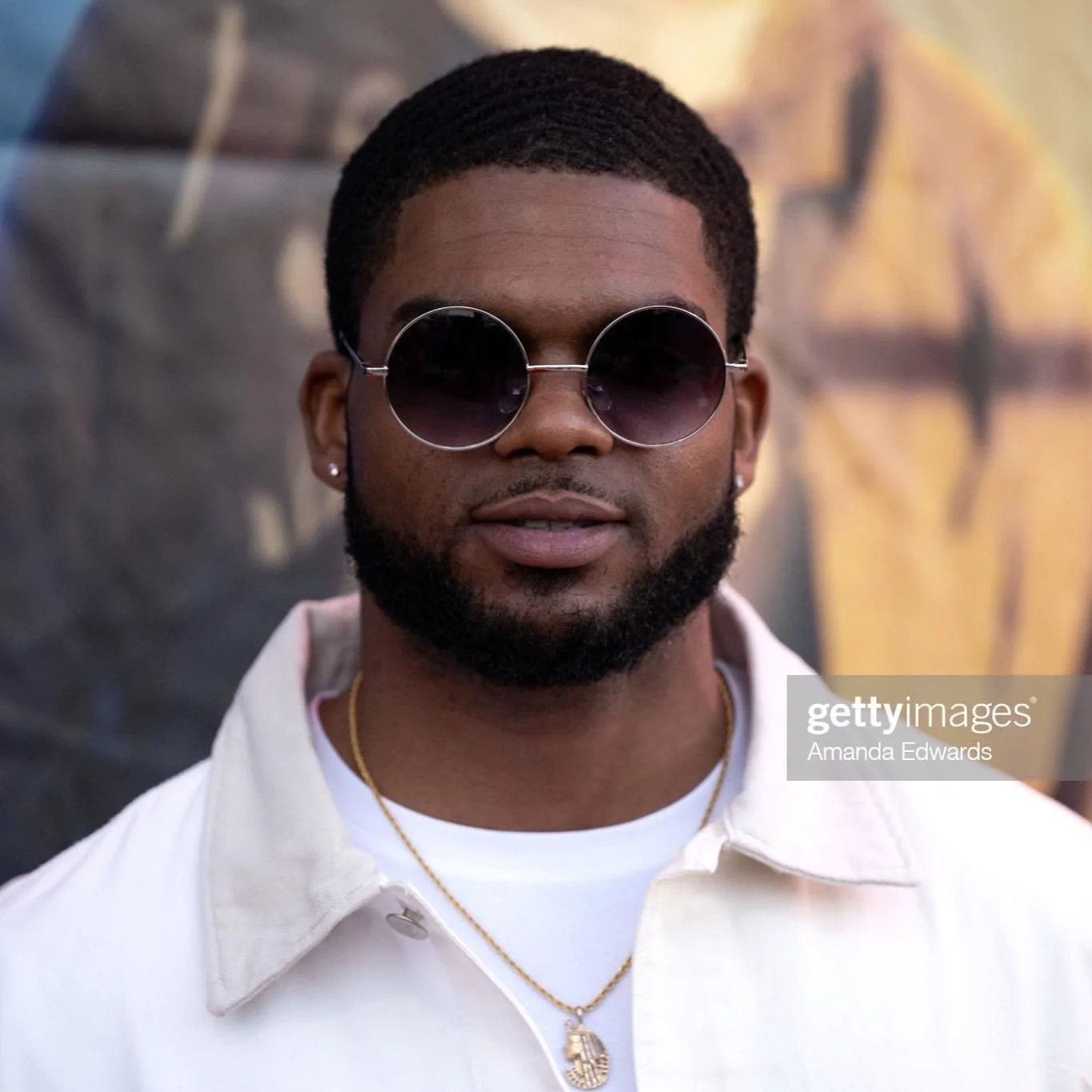
Meet Adonis Armstrong, Co-Founder & President of 247 Live Culture!
Email: Adonis@247LiveCulture.com